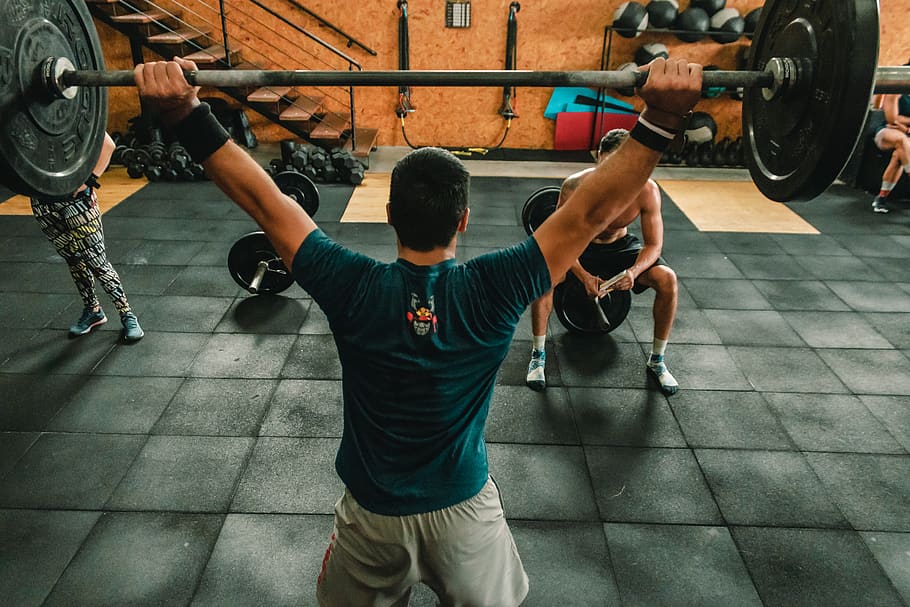The Bahá’í teachings emphasize the unity of humanity, the eradication of prejudice, and the pursuit of truth—a clarion call to lift the veils of ignorance that often shroud our perceptions of one another. These teachings illuminate a pathway towards overcoming religious prejudice, a topic that resonates profoundly in today’s increasingly polarized world. But how does one begin to navigate this intricate labyrinth of belief and bias? Can a simple shift in perspective truly dismantle the rigid barriers imposed by centuries of sectarian strife? The challenge lies in recognizing that overcoming religious prejudice is not merely a theoretical ideal but a practical necessity.
The foundation of Bahá’í beliefs rests on the tenet that all major world religions share a common source. This perspective invites individuals to examine their preconceived notions critically. Religious prejudice often stems from a profound misunderstanding of those who profess different beliefs. The Bahá’í teachings advocate for a thorough exploration of various faith traditions, promoting dialogue and open exchange. Engaging with diverse beliefs can reveal the shared ethical imperatives that transcend doctrinal differences. In this context, one might ask: how familiar are you with the sacred texts and teachings of other religions?
To effectively confront and overcome religious prejudice, it is essential first to cultivate self-awareness. Acknowledging one’s biases requires introspection and a willingness to confront uncomfortable truths about oneself. The Bahá’í Faith urges individuals to seek knowledge and understanding as a way to dismantle these barriers. This pursuit of knowledge is not merely academic; it involves an examination of societal narratives and an appreciation of lived experiences outside one’s own. This inquiry can lead us to question the validity of our assumptions: to what extent have our judgments been informed by second-hand information or cultural stereotypes?
Furthermore, the Bahá’í teachings beautifully transcend mere tolerance, advocating for a profound sense of love and unity among all human beings. This principle calls upon individuals to practice the virtue of compassion actively. In a world rife with division, empathy becomes an indispensable tool for building bridges. Bahá’ís are encouraged to extend their understanding of love beyond familial and nationalistic ties, reaching out to foster interfaith connections. Might it be possible that the simple act of engaging in dialogue with someone from a differing faith could dissolve deeply entrenched prejudices? This approach paves the way for transformative experiences that remind us of our shared humanity.
One of the critical challenges in overcoming religious prejudice lies in the societal structures that perpetuate division. Discrimination often manifests through institutional practices and societal norms that have historically marginalized certain groups. Within the framework of the Bahá’í teachings, there is a strong advocacy for justice and equity. Individuals must work collectively to identify and dismantle these prejudicial structures—whether they are rooted in policy, education, or social norms. The Bahá’í approach encourages active participation in societal reform, underscoring the belief that individual actions can coalesce to effect systemic change. How can we, as both individuals and communities, harness our collective power to challenge these norms effectively?
Education serves as a pivotal conduit in this quest for understanding. By advocating for comprehensive education that includes teachings from a variety of faiths, communities can cultivate a culture of respect and curiosity. Educational initiatives that promote interfaith dialogue help to create spaces where individuals can engage with one another, transcending their differences. The Bahá’í community underscores the importance of teaching the principles of unity from an early age, fostering an appreciation for diversity among children and adolescents. Can education alone mitigate the deep-seated prejudices that often arise in adulthood? It can indeed lay a solid foundation for future generations.
The narrative intertwining spirituality and social action encapsulates the Bahá’í approach to overcoming religious prejudice. Engaging in meaningful social action facilitates not just personal growth but communal solidarity. When individuals unite under the banner of common service towards humanity, they inherently fortify their understanding of one another. Such active participation in community-building initiatives fosters deeper connections and dismantles artificial barriers erected by prejudice. As one engages in acts of service and cooperation, he or she may find that the lines distinguishing “us” from “them” begin to blur. What new insights and friendships await those who choose to act together towards common goals?
Lastly, the role of prayer and reflection cannot be overlooked in addressing religious prejudice. The Bahá’í teachings encourage moments of spiritual introspection, fostering a deeper connection to divine guidance. Through prayer, individuals may seek strength in overcoming their biases and cultivating compassion in their hearts. This spiritual practice can help transform the very fabric of one’s understanding, allowing the light of truth to penetrate the fog of prejudice. How do we reconcile our spiritual aspirations with the exigencies of our lived experiences in a pluralistic society?
In conclusion, lifting the mist of religious prejudice is both a personal and collective journey—one that requires resilience, compassion, and a commitment to understanding. The Bahá’í teachings offer a robust framework for confronting bias through education, dialogue, and action. By fostering environments where interfaith interactions flourish and advocating for justice, individuals can help construct a world characterized by unity and peace. The challenge remains: will you take the first step to engage with the diverse mosaic of beliefs that enrich our global community?
